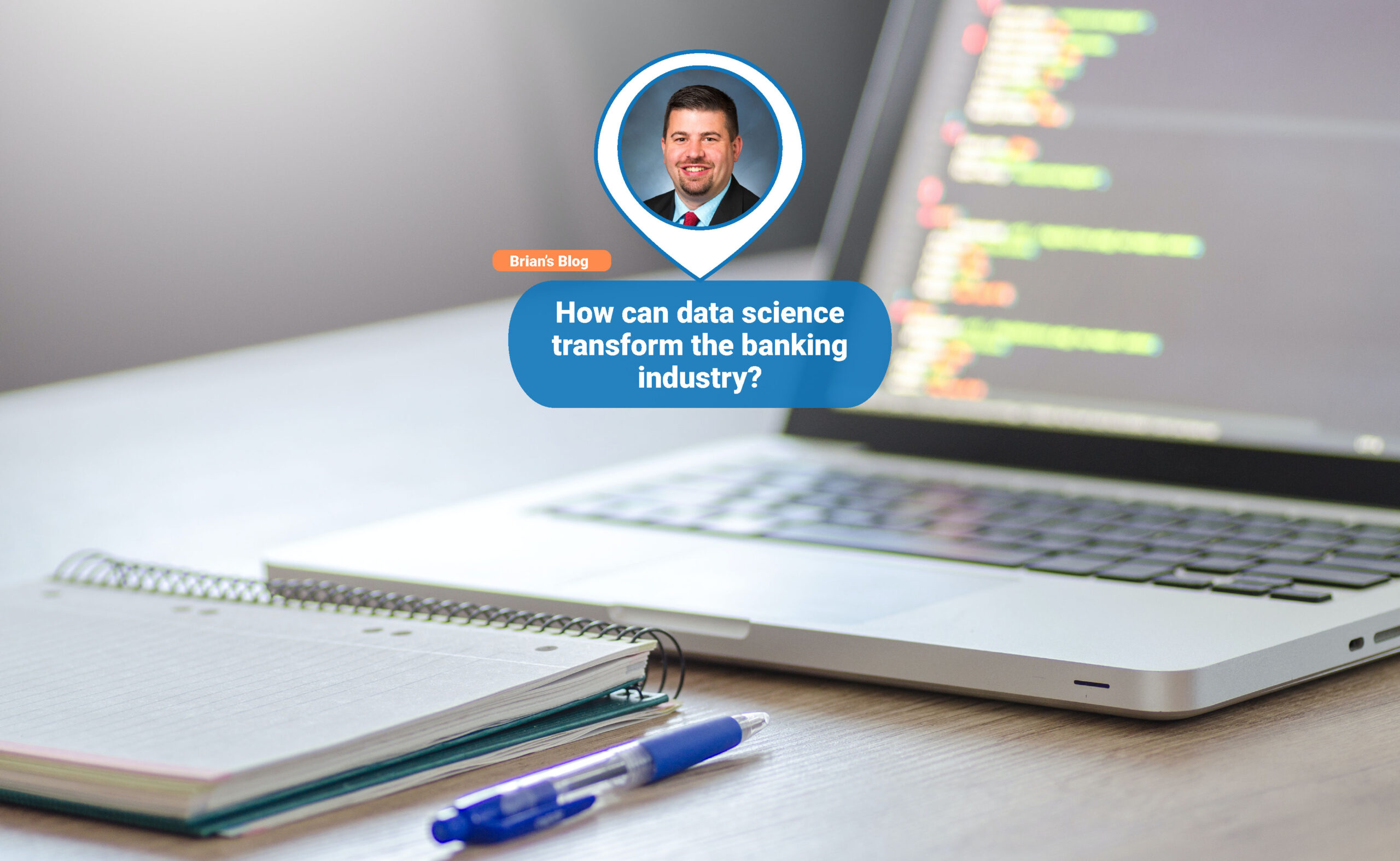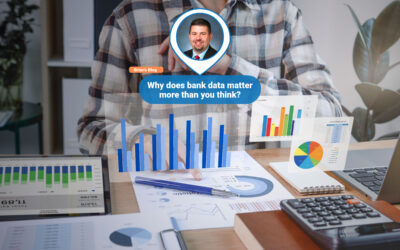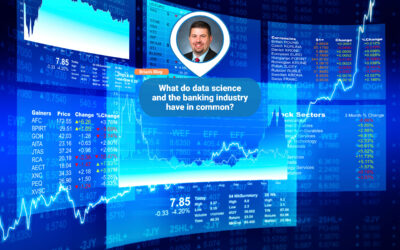In the era of Big Data, banks sit on a goldmine of customer-related information. Harvesting this data intelligently can result in enhanced services and better risk management. Here’s how:
1. Personalized customer experience –
With the help of machine learning and AI, banks can draw on data to create hyper-personalized experiences for customers. Imagine if your bank knew your financial goals before you did, that’s the power of predictive analytics.
2. Fraud detection –
Through pattern recognition, advanced algorithms can quickly detect anomalies that may signify fraudulent transactions. This prompt detection not only saves a significant amount economically but also improves customers’ trust.
3. Better risk assessment –
Data science can improve risk models which are used for lending decisions by incorporating more diverse data and real-time factors.
Data isn’t an asset until it’s leveraged in impactful ways. These are just a few examples of how banks can use data to streamline processes, increase efficiency, and improve customer relationships.
Your thoughts?
💡 Let’s stop just collecting data. Let’s start making it work for us. Let’s transform banking, together. 💡
🔔 Follow Brian on Linkedin: Brian Pillmore




